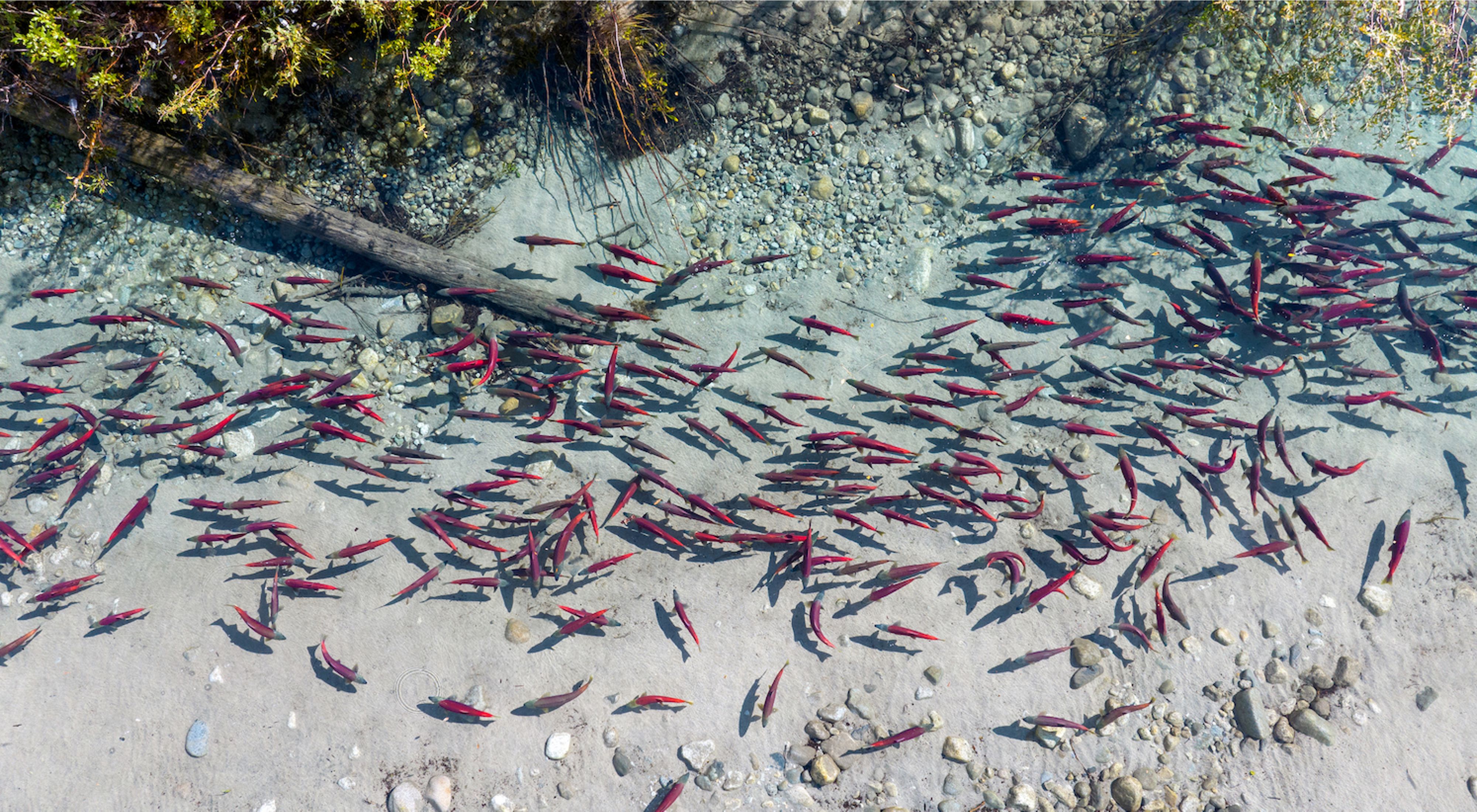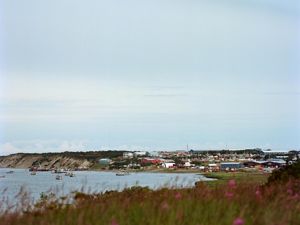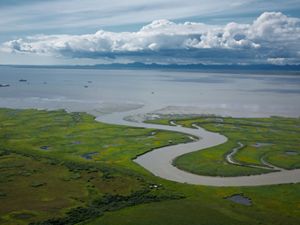U.S. EPA Moves to Block Pebble Mine
Agency proposes vetoing project, citing risk to Bristol Bay watershed
Media Contacts
-
Eric Bontrager
The Nature Conservancy
Phone: 703-887-0559
Email: eric.bontrager@tnc.org
The U.S. Environmental Protection Agency (EPA) today released a Recommended Determination prohibiting and restricting the use of certain waters in Bristol Bay necessary for developing the Pebble Deposit.
The EPA’s Recommended Determination calls on the agency to use its authority under the Clean Water Act to protect Bristol Bay in the face of a proposal for what would be the largest open pit mine in North America. The EPA has the authority under Section 404(c) of the act to halt or limit project development that is likely to result in any of a range of damages to freshwater, including harm to fisheries. If finalized, this would mark only the 14th use of Section 404(c) in the 50 years since the Clean Water Act became law, invoked on fewer than 0.00035% of all project applications. The agency expects to make a final decision early next year.
This summer, more than 31,000 supporters of The Nature Conservancy (TNC) urged the agency to take this step to conserve this pristine watershed that is the lifeblood of the Yup’ik, Dena’ina, and Alutiiq peoples throughout Bristol Bay and home to the world’s largest salmon fishery.
Quote: Ivy Spohnholz
Today’s announcement is an affirmation of what the communities of Bristol Bay and the science have said all along: Pebble is the wrong mine in the wrong place.
“Today’s announcement is an affirmation of what the communities of Bristol Bay and the science have said all along: Pebble is the wrong mine in the wrong place. If made final, this decision will be just the 14th veto out of hundreds of thousands of similar permits in the Clean Water Act’s 50-year history, a reflection of the threat the mine poses to Bristol Bay.
“Even a small amount of discharge or other pollution from the mine could do serious damage to one of the world’s last pristine watersheds, one that just this year had record-breaking salmon returns. Those returns support the local economy and ways of life for rural communities, whose people have lived in and cared for this watershed for thousands of years.
“Only through permanent safeguards can we ensure a sustainable, healthy future for Bristol Bay. It’s the solid assurance this region needs. The Environmental Protection Agency has listened to the science and the will of the people. We urge the agency to make this decision final.”
The Nature Conservancy is a global conservation organization dedicated to conserving the lands and waters on which all life depends. Guided by science, we create innovative, on-the-ground solutions to our world’s toughest challenges so that nature and people can thrive together. We are tackling climate change, conserving lands, waters and oceans at an unprecedented scale, providing food and water sustainably and helping make cities more sustainable. The Nature Conservancy is working to make a lasting difference around the world in 81 countries and territories (40 by direct conservation impact and 41 through partners) through a collaborative approach that engages local communities, governments, the private sector, and other partners. To learn more, visit nature.org or follow @nature_press on X.


